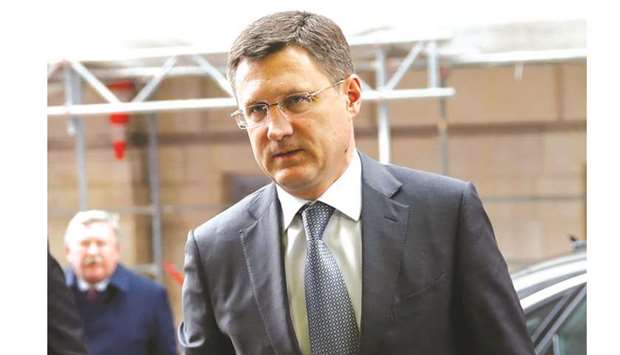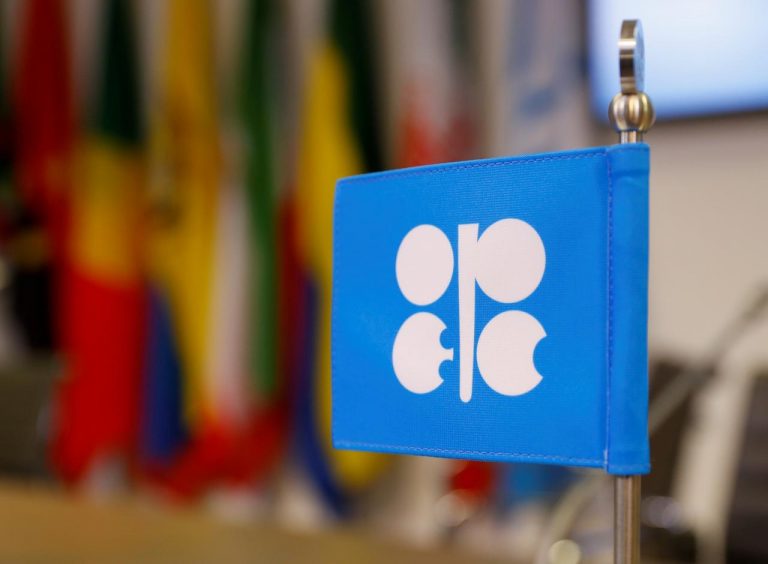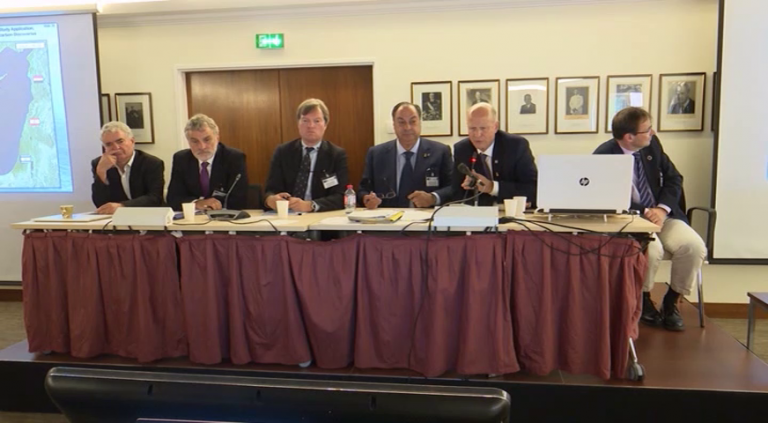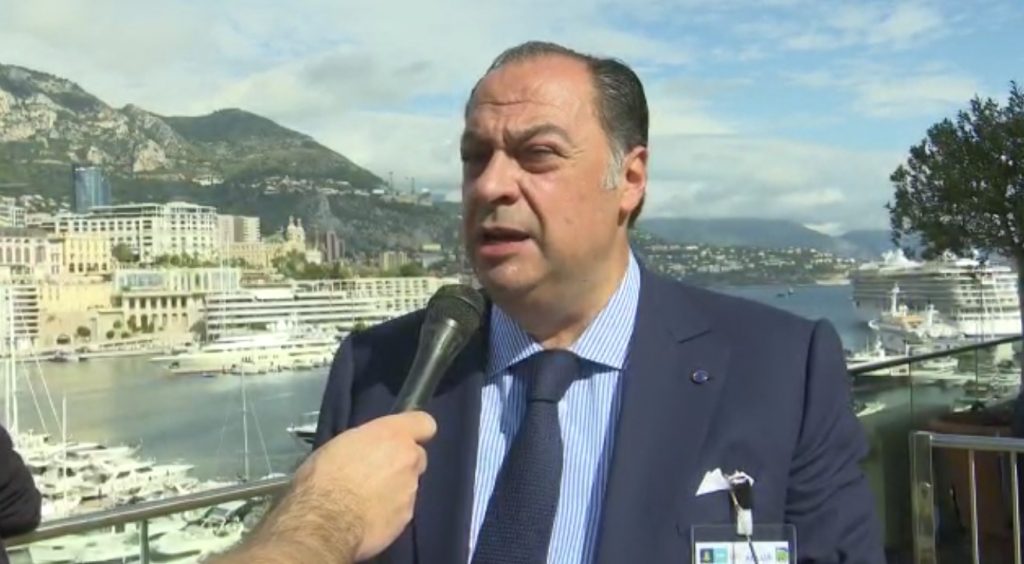* Iraq says key members support deeper cuts
* Riyadh needs higher prices to support Aramco IPO
* Oil glut looming without cuts as U.S., Brazil, Norway pump more
By Bozorgmehr Sharafedin, Alex Lawler and Olesya Astakhova
VIENNA, Dec 4 (Reuters) – OPEC is gearing up to deepen production cuts later this week but still needs to agree with allies such as Russia over details of a deal to support oil prices and head off a looming oil glut next year.
The Organization of the Petroleum Exporting Countries (OPEC) meets on Thursday in Vienna followed by a meeting with Russia and others, a grouping known as OPEC+, on Friday.
OPEC+ has been curbing output since 2017 to counter oversupply as a result of booming output in the United States, which has become the world’s biggest producer and is not taking part in cuts.
Next year, rising production in non-OPEC countries such as Brazil and Norway threaten to add to the glut.
OPEC’s actions have repeatedly angered U.S. President Donald Trump, who demanded OPEC’s de facto leader Saudi Arabia bring oil prices down if it wants Washington’s to provide Riyadh with military support against arch-rival Iran.
In the past few months Trump has remained silent on OPEC but he faces re-election in November next year when the issue of gasoline prices is likely to become a hot political topic again.
Washington’s ongoing trade dispute with China has also clouded the economic and therefore oil demand outlook for 2020.
OPEC’s second largest oil producer Iraq said on Tuesday key members supported deepening cuts for OPEC+ from the current level of 1.2 million barrels per day, or 1.2% of global demand.
“My understanding is that they (Saudis) do (prefer it),” Iraqi Oil Minister Thamer Ghadhban told reporters in Vienna.
DEEPER CUTS AND COMPLIANCE
Saudi Arabia needs higher oil prices to support its budget revenue and the pending share sale of state-owned oil giant Saudi Aramco with pricing expected on Thursday.
OPEC’s actions have supported oil prices at around $50-$75 per barrel over the past year and on Wednesday they traded at $61 per barrel.
Iraq’s Ghadhban said new cuts could be expanded to 1.6 million bpd while OPEC sources have also said Riyadh was pressing fellow members Iraq and Nigeria to improve their compliance with quotas, which could provide an additional reduction of up to 400,000 bpd.
Non-OPEC Russia has yet to agree to extend or deepen cuts from its current pledge of 228,000 bpd as its companies are arguing they are finding it tough to reduce output during winter months due to very low temperatures.
Russian Energy Minister Alexander Novak said on Tuesday that Moscow had yet to finalise its position: “Let’s wait …But I think the meeting, as usual, will be of a constructive nature.”
A source familiar with the Russian thinking told Reuters that Moscow would “most likely” reach a consensus with OPEC this week and just needed to iron out a few outstanding issues.
One sticking point for Russia this time is how its output is measured – it includes gas condensate in its figures, while other producers do not.









